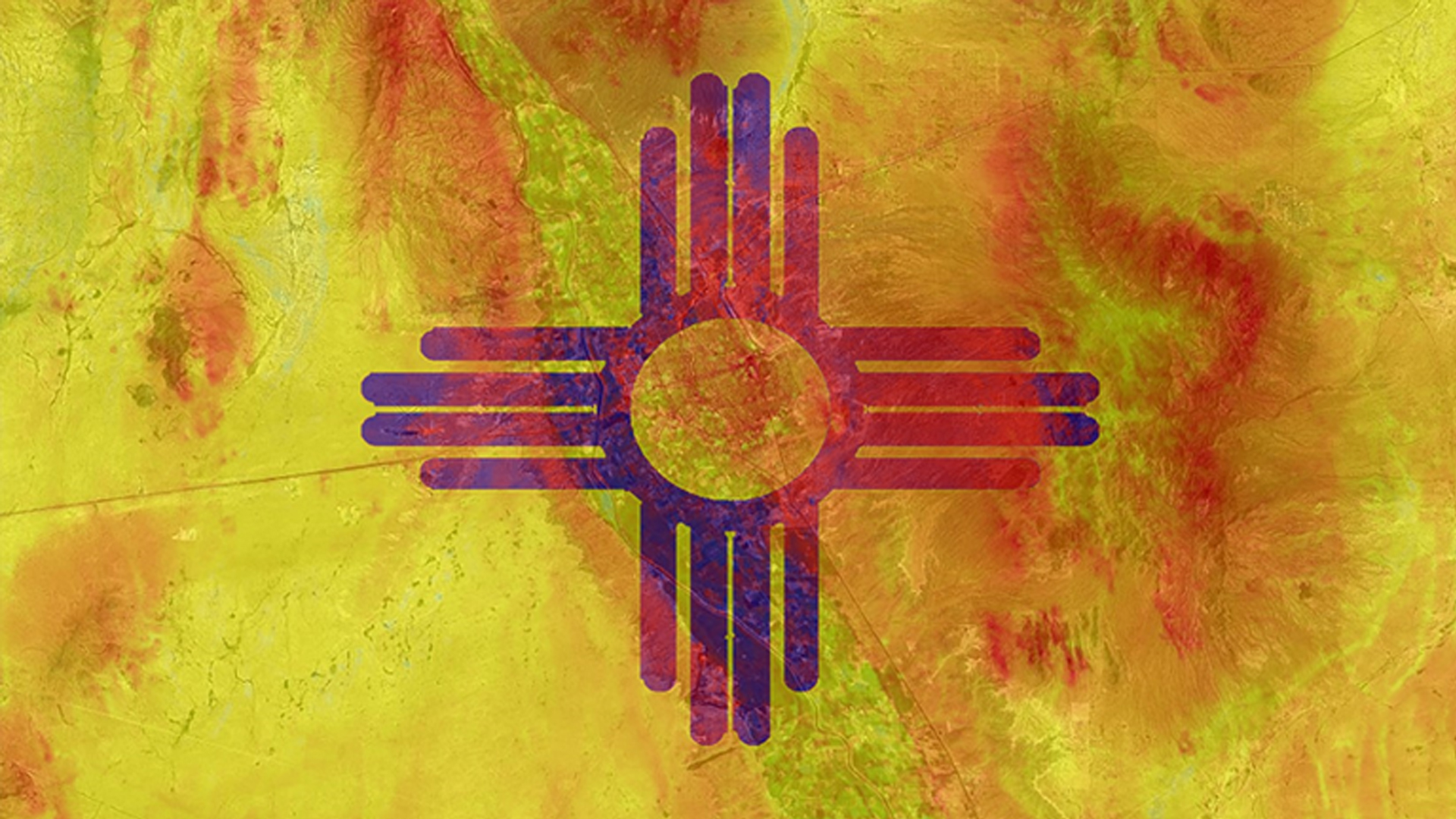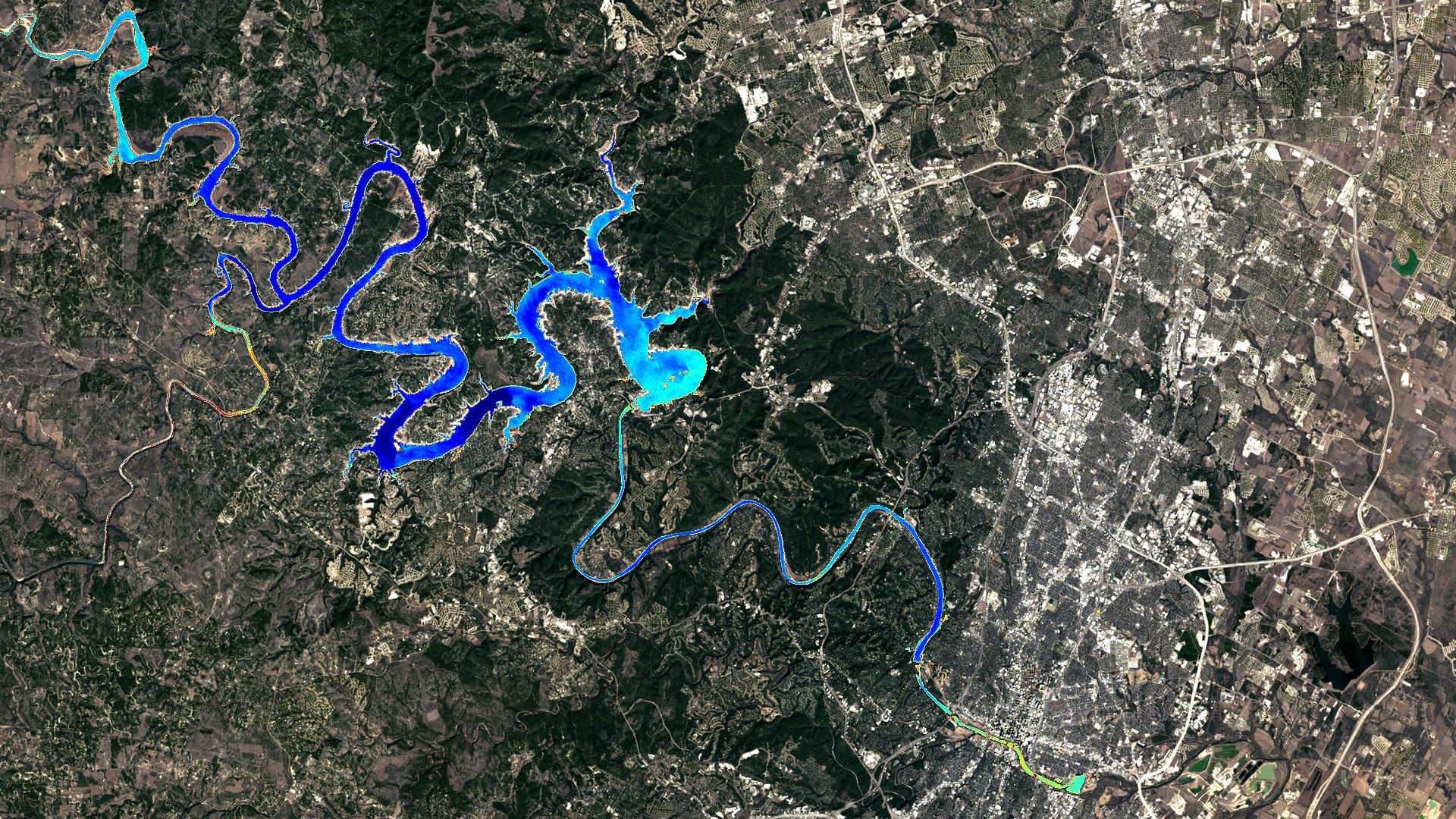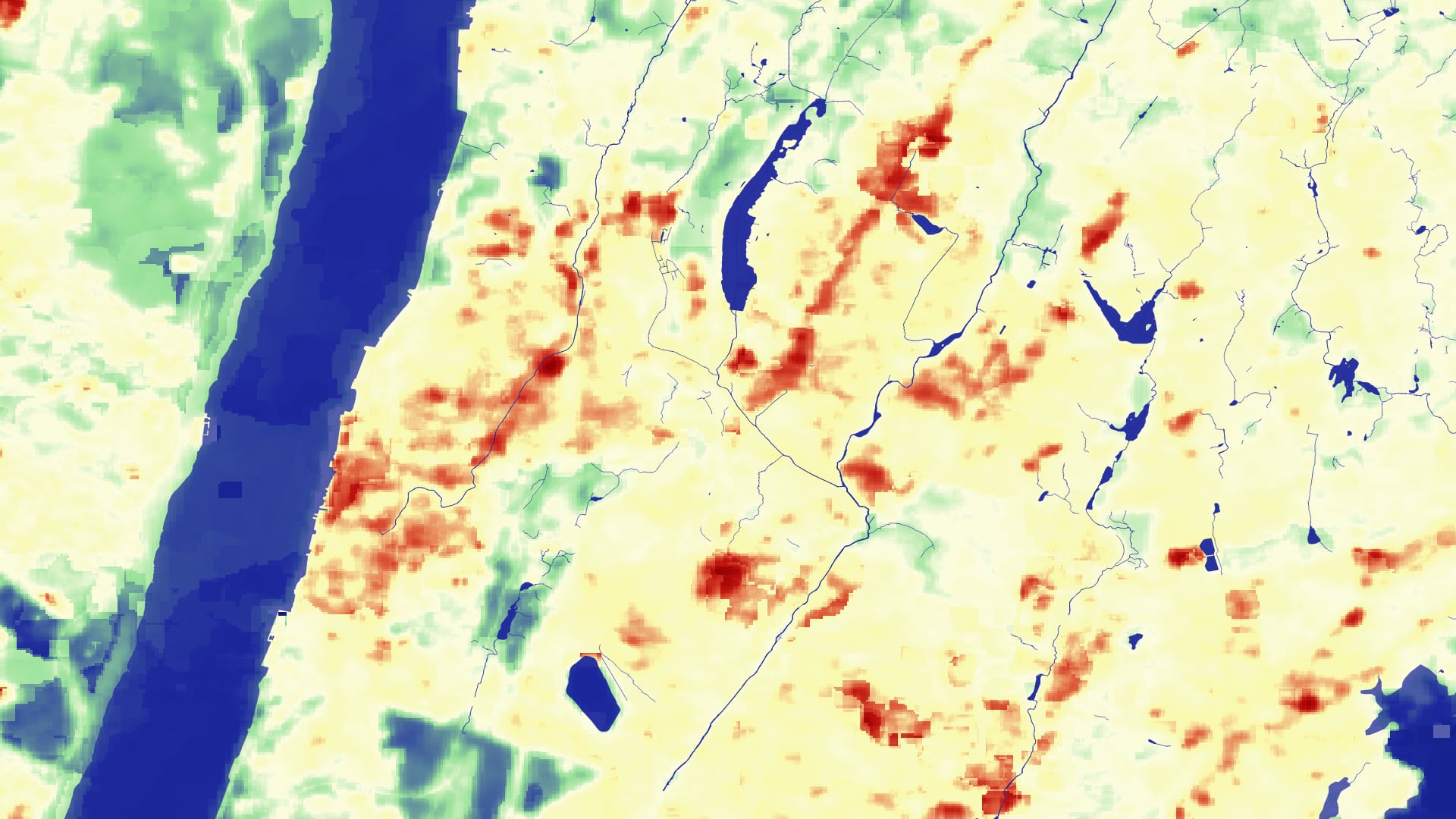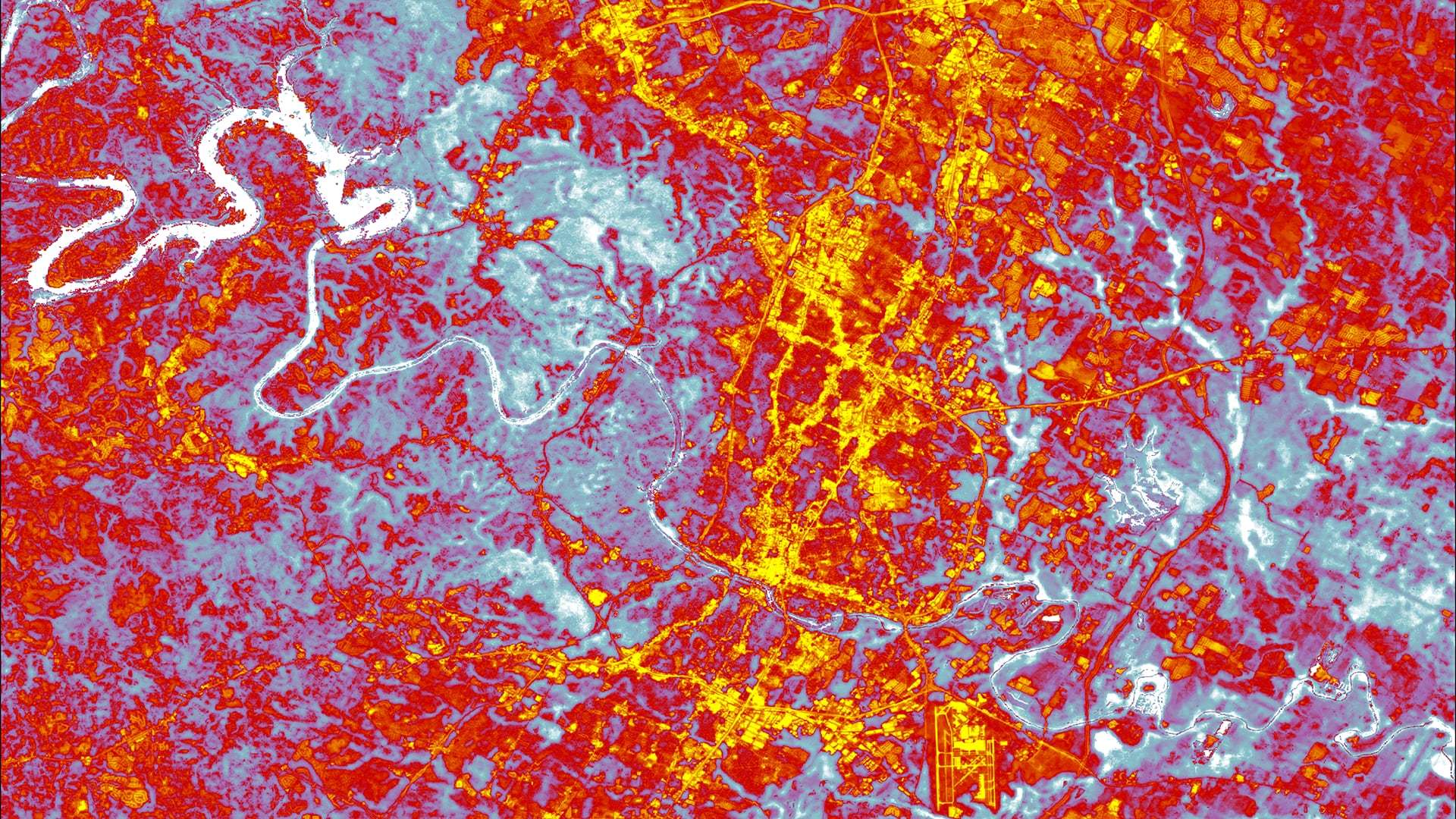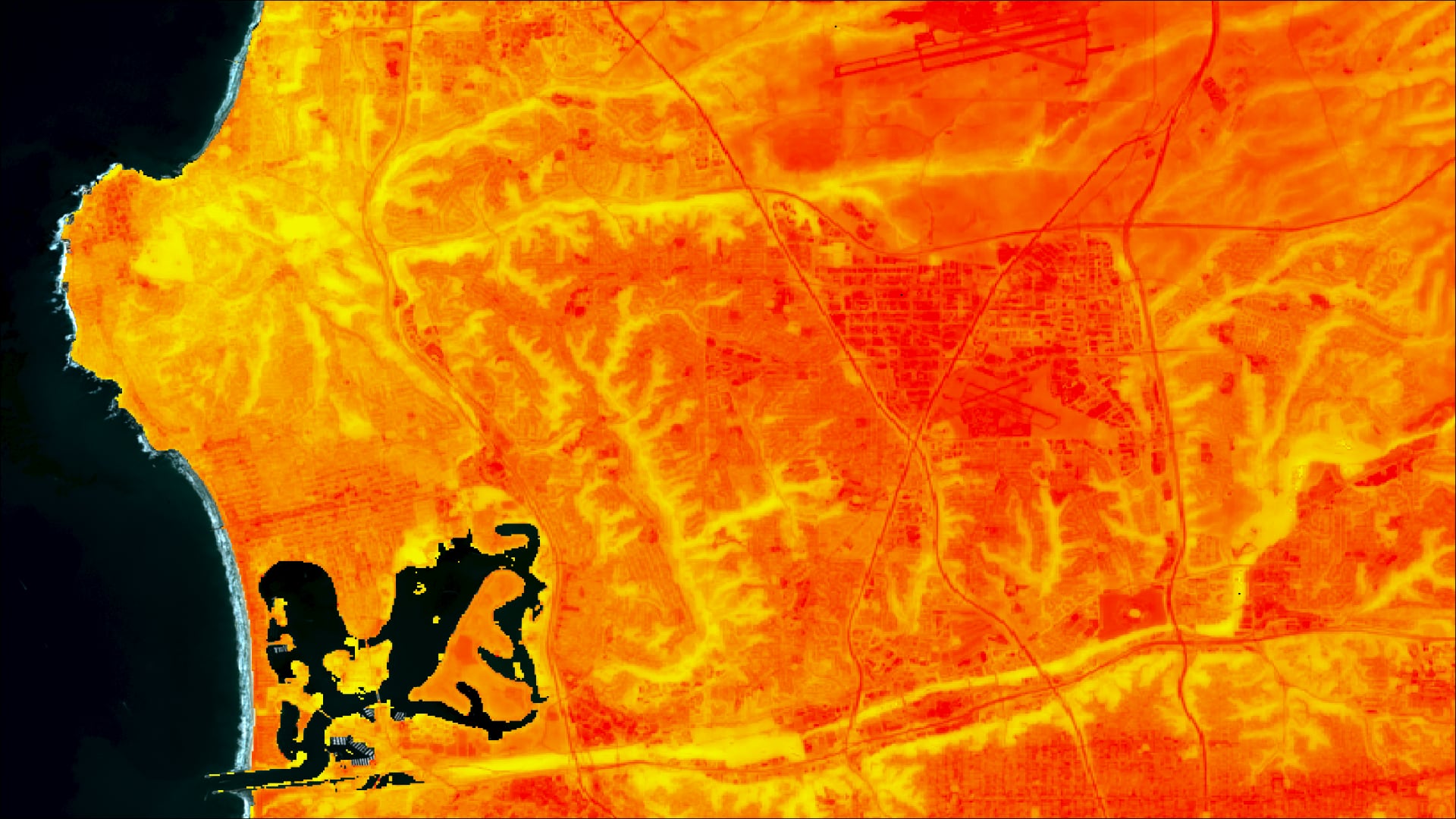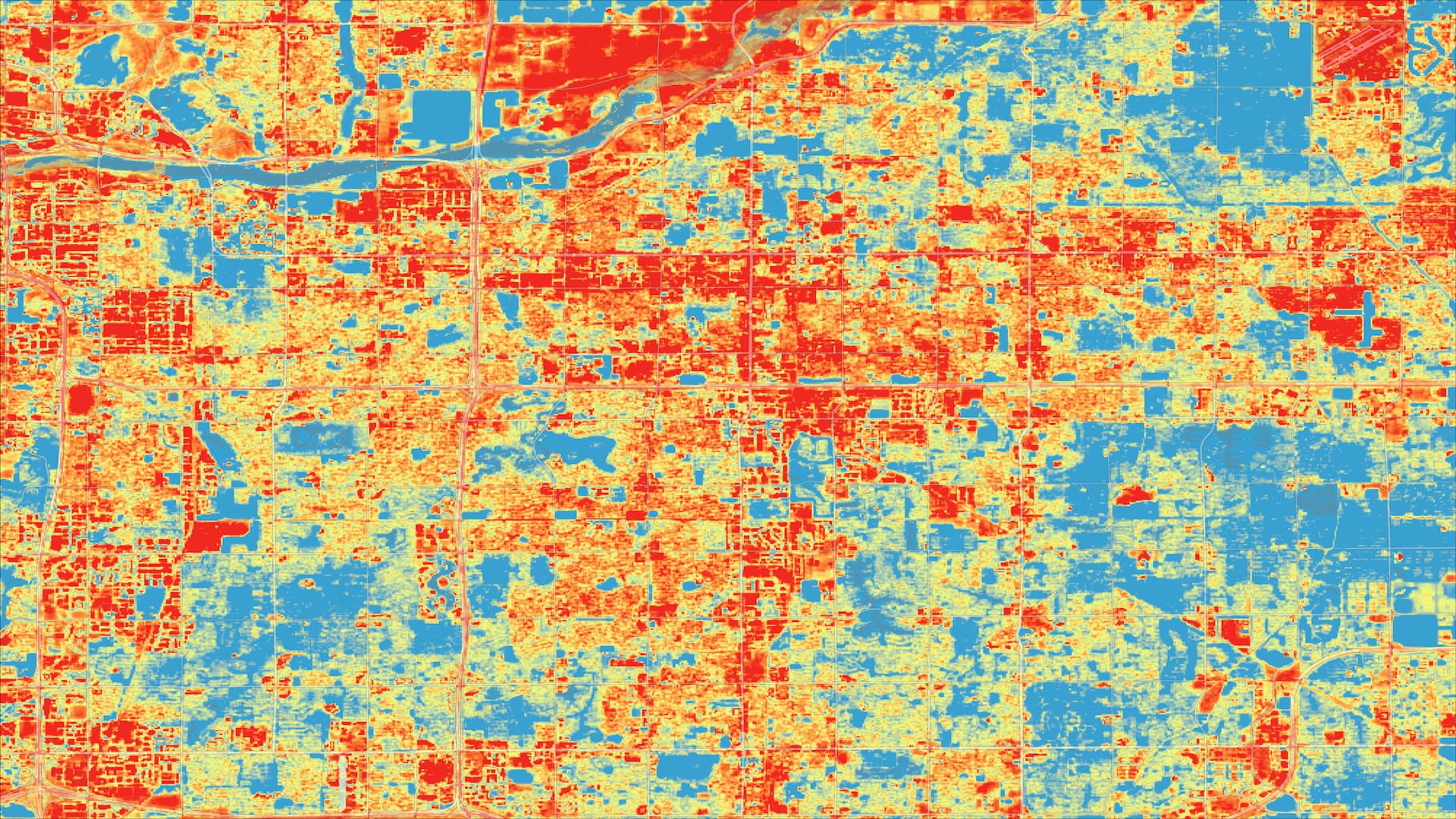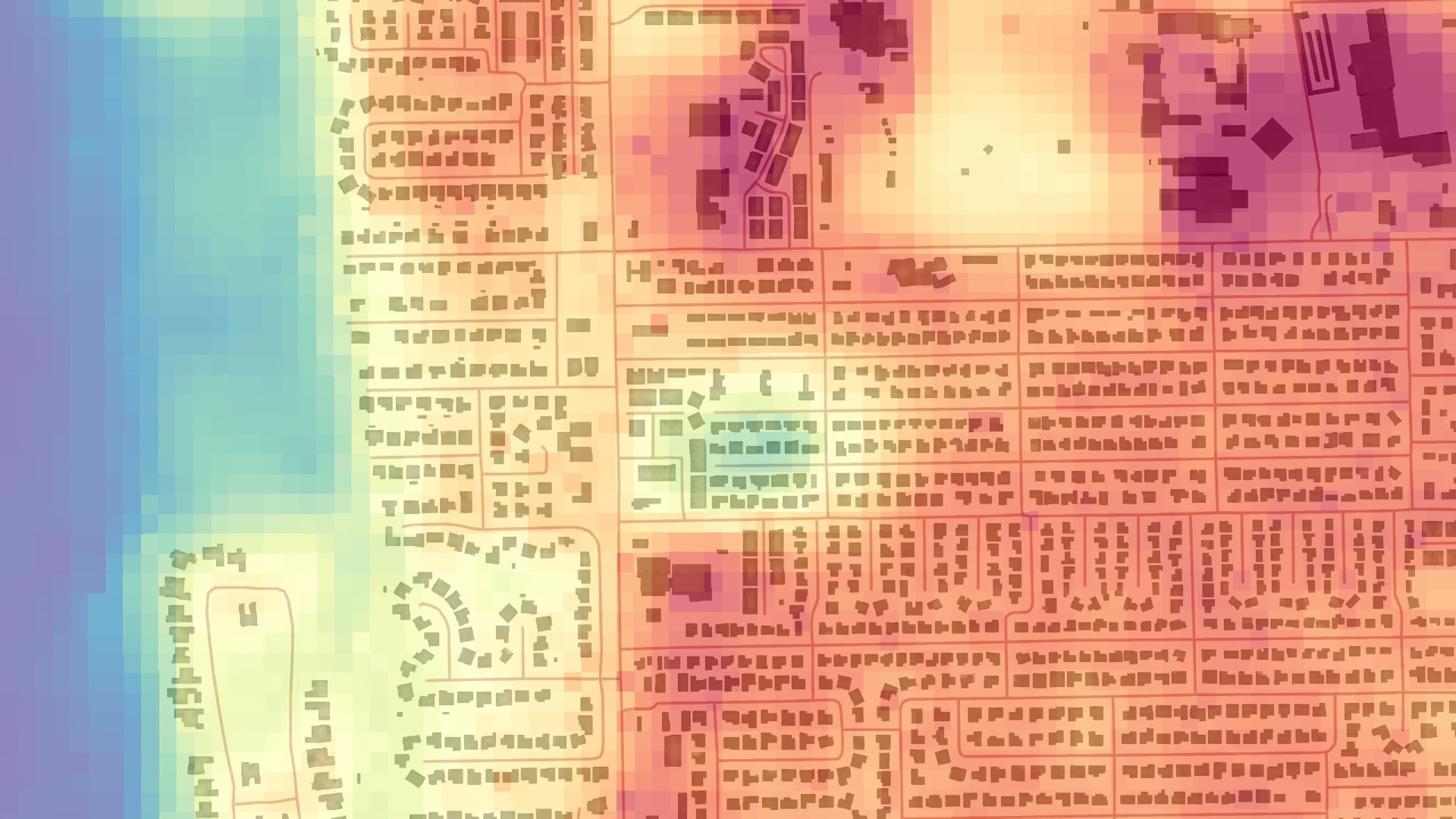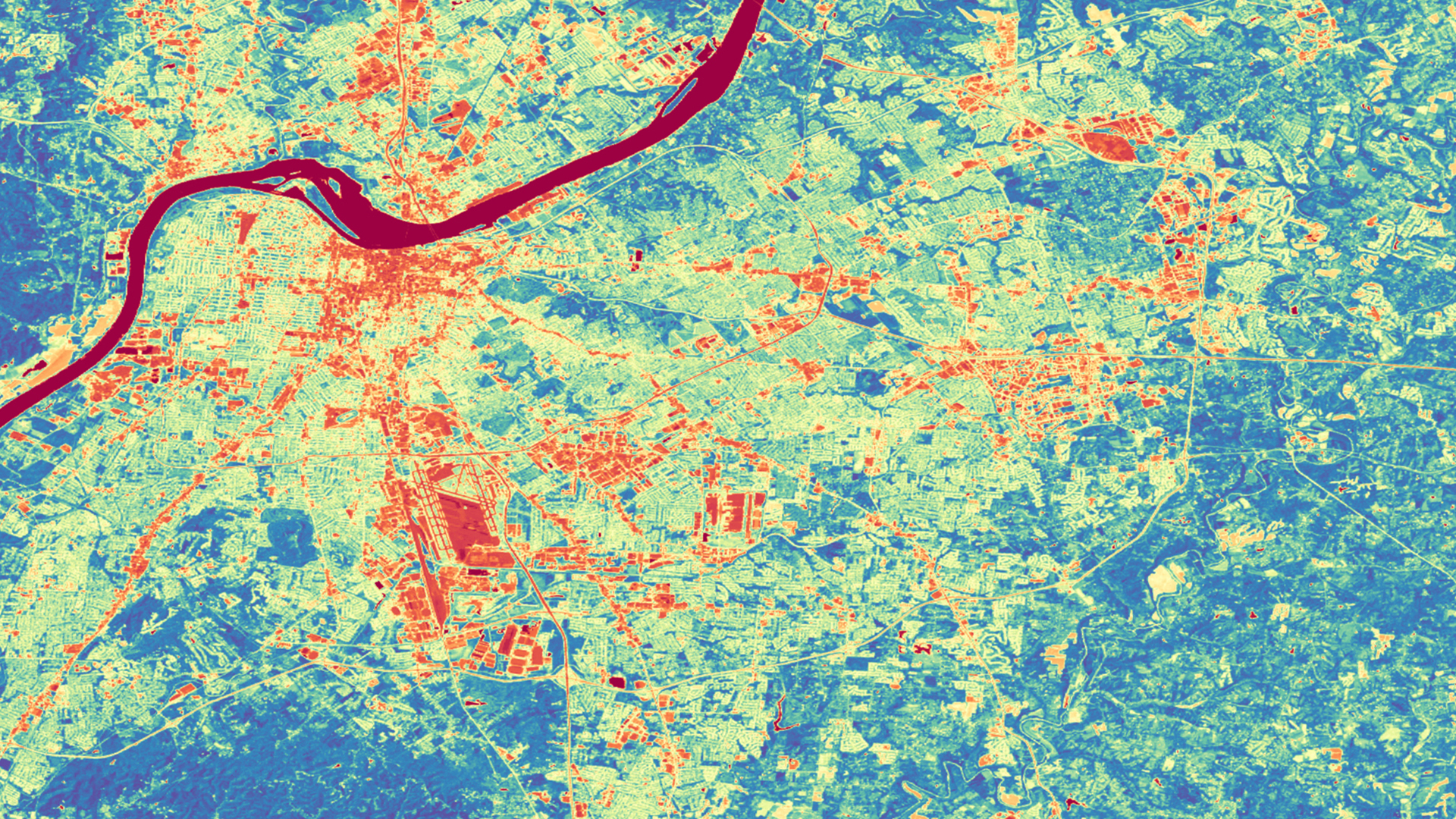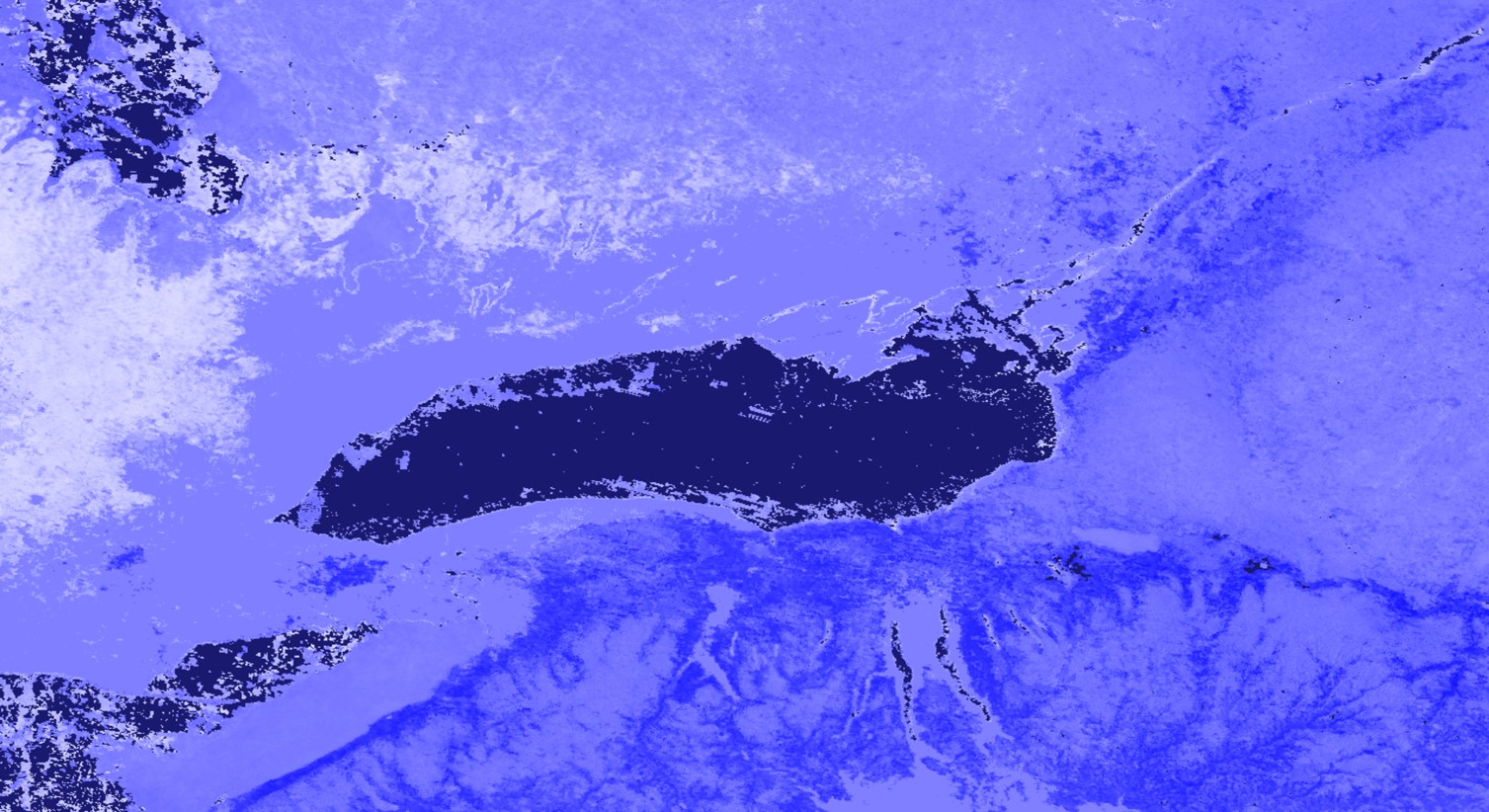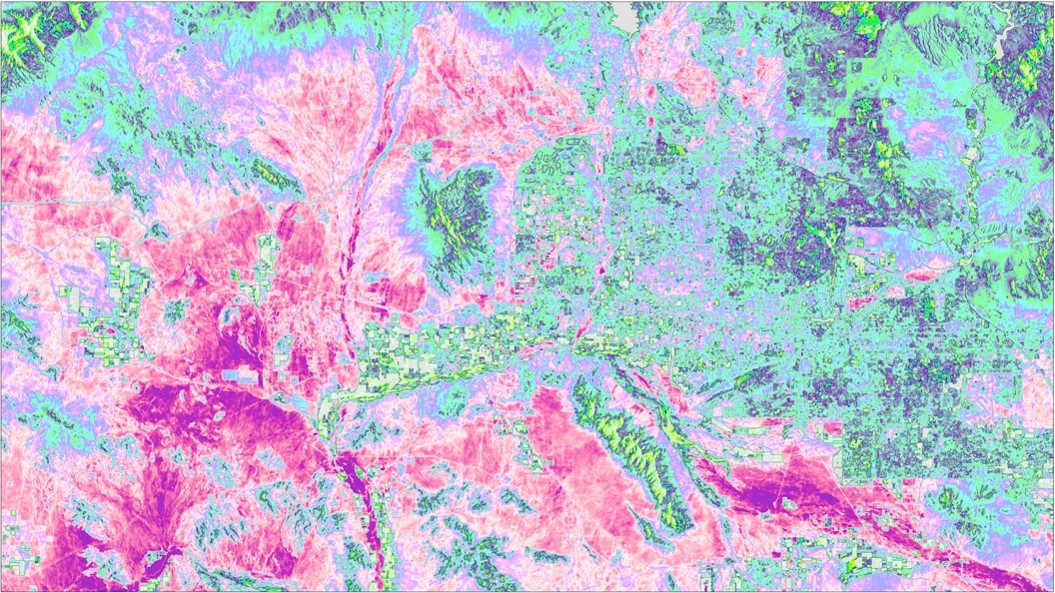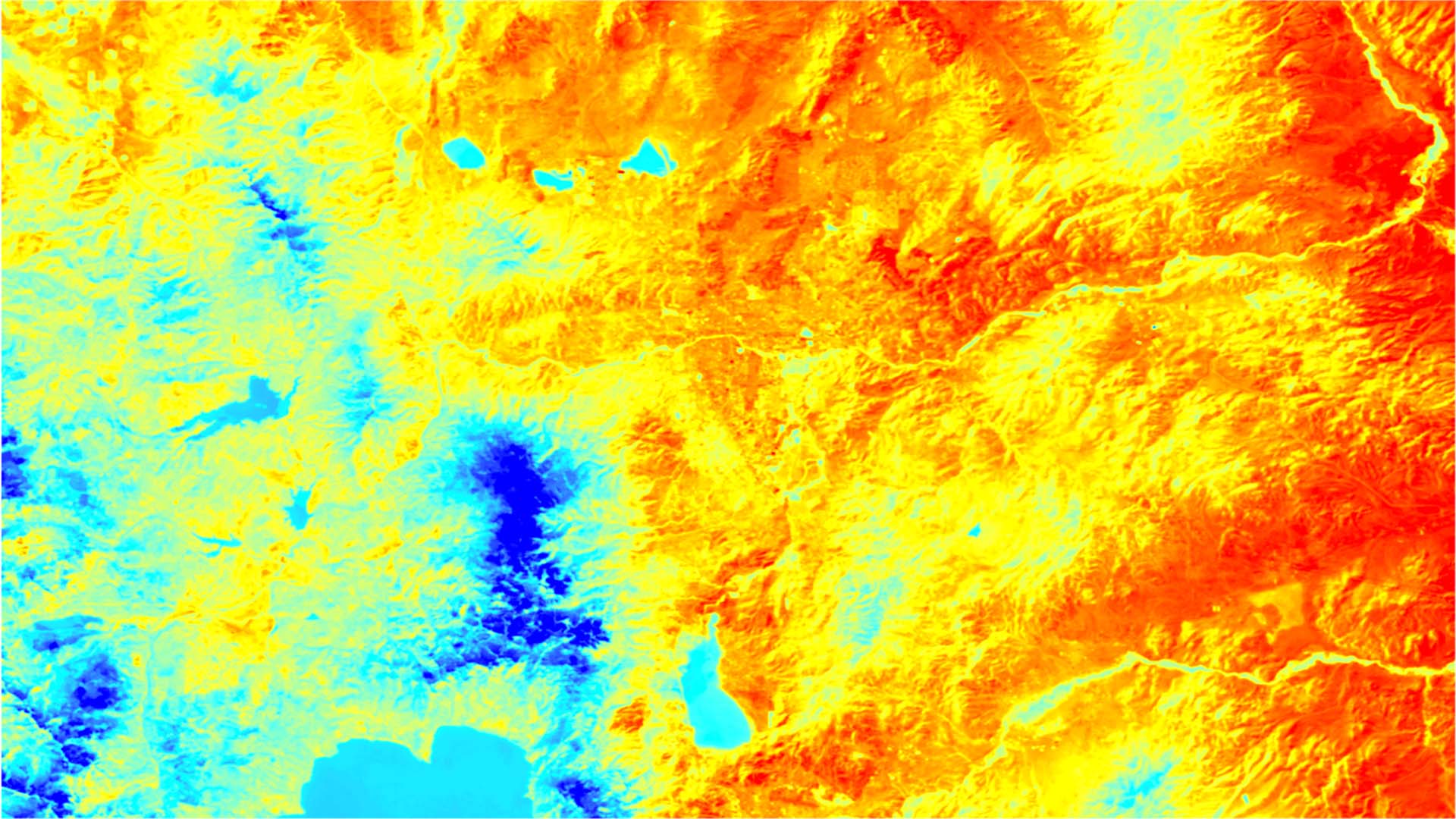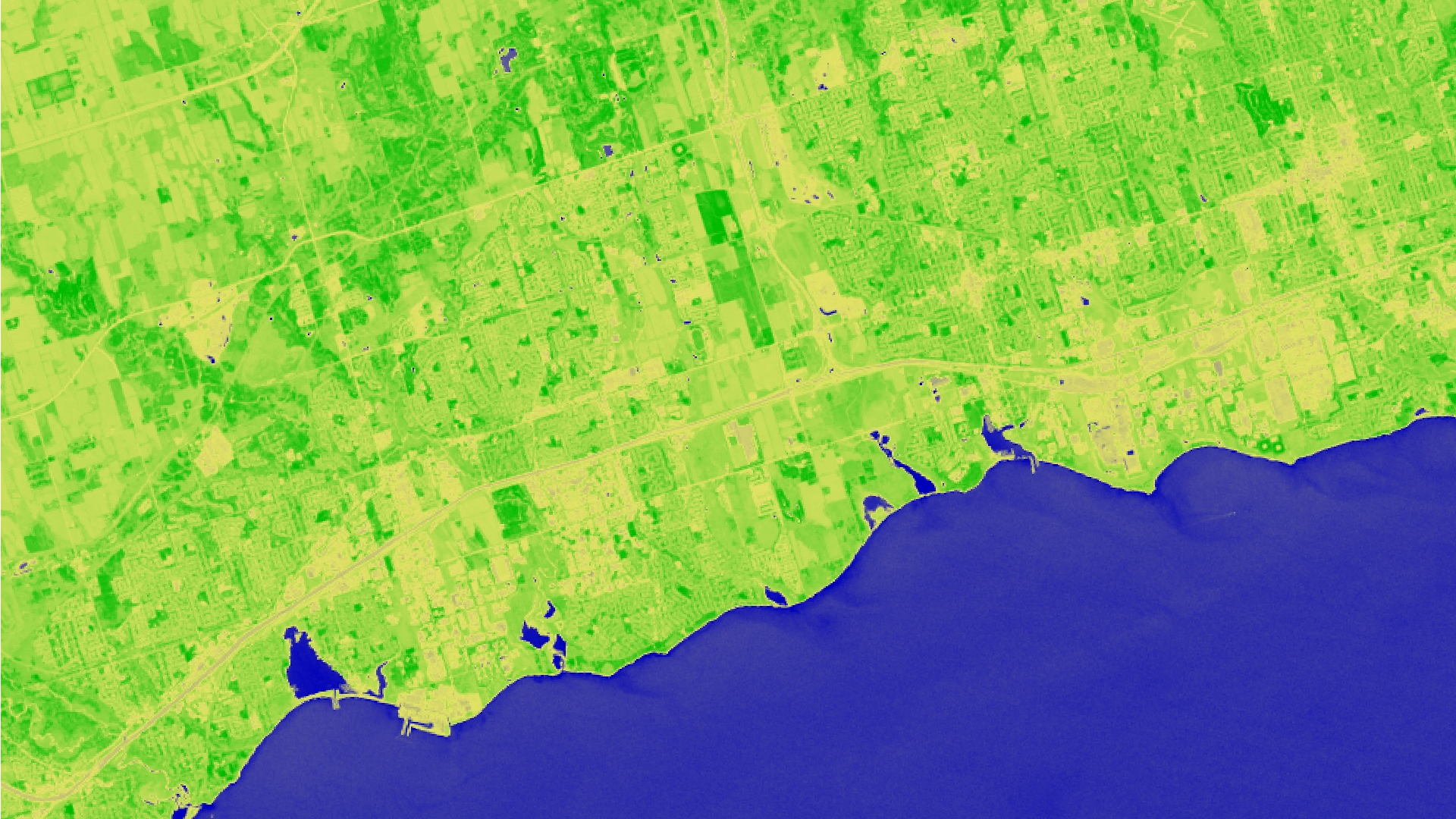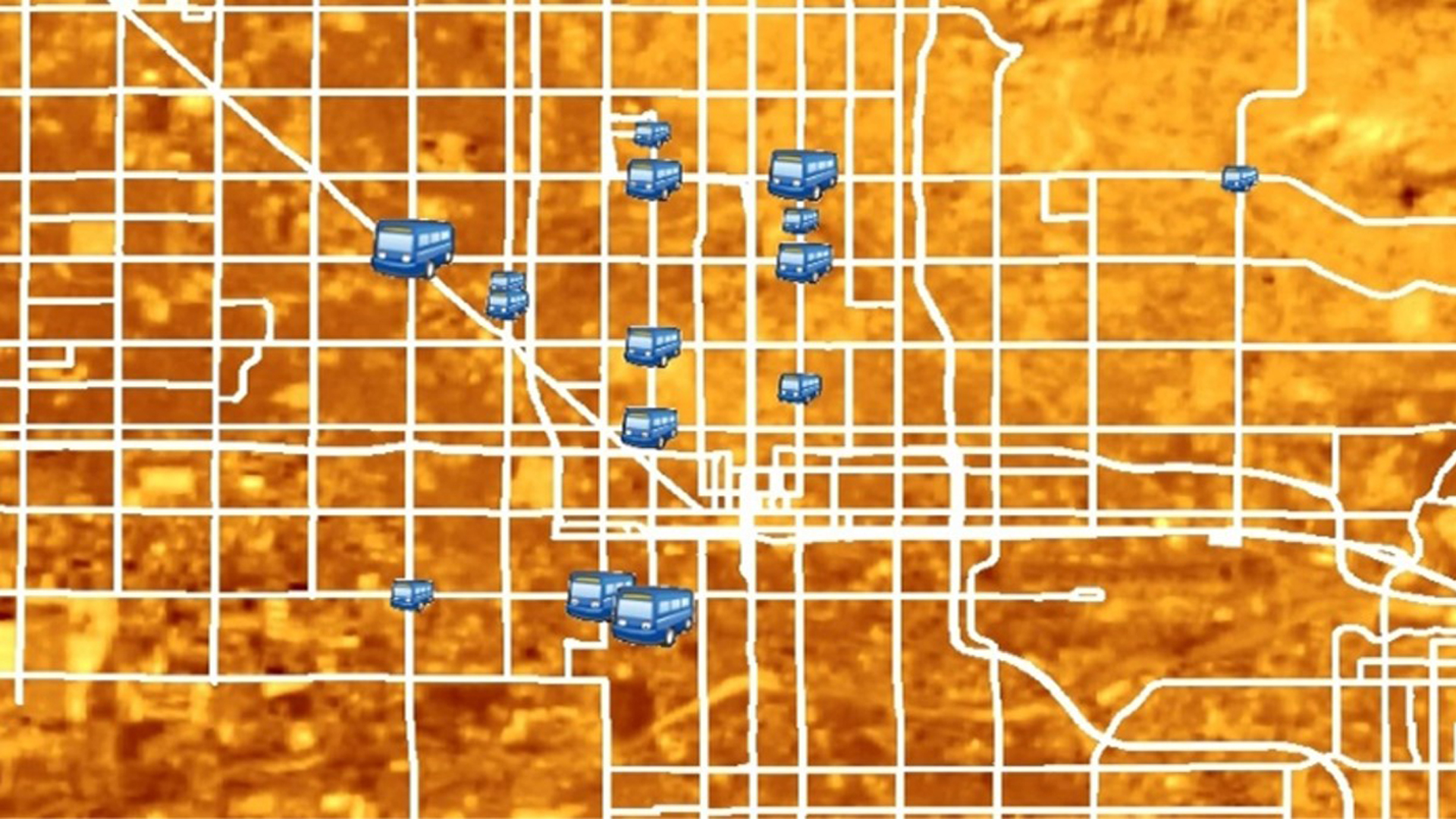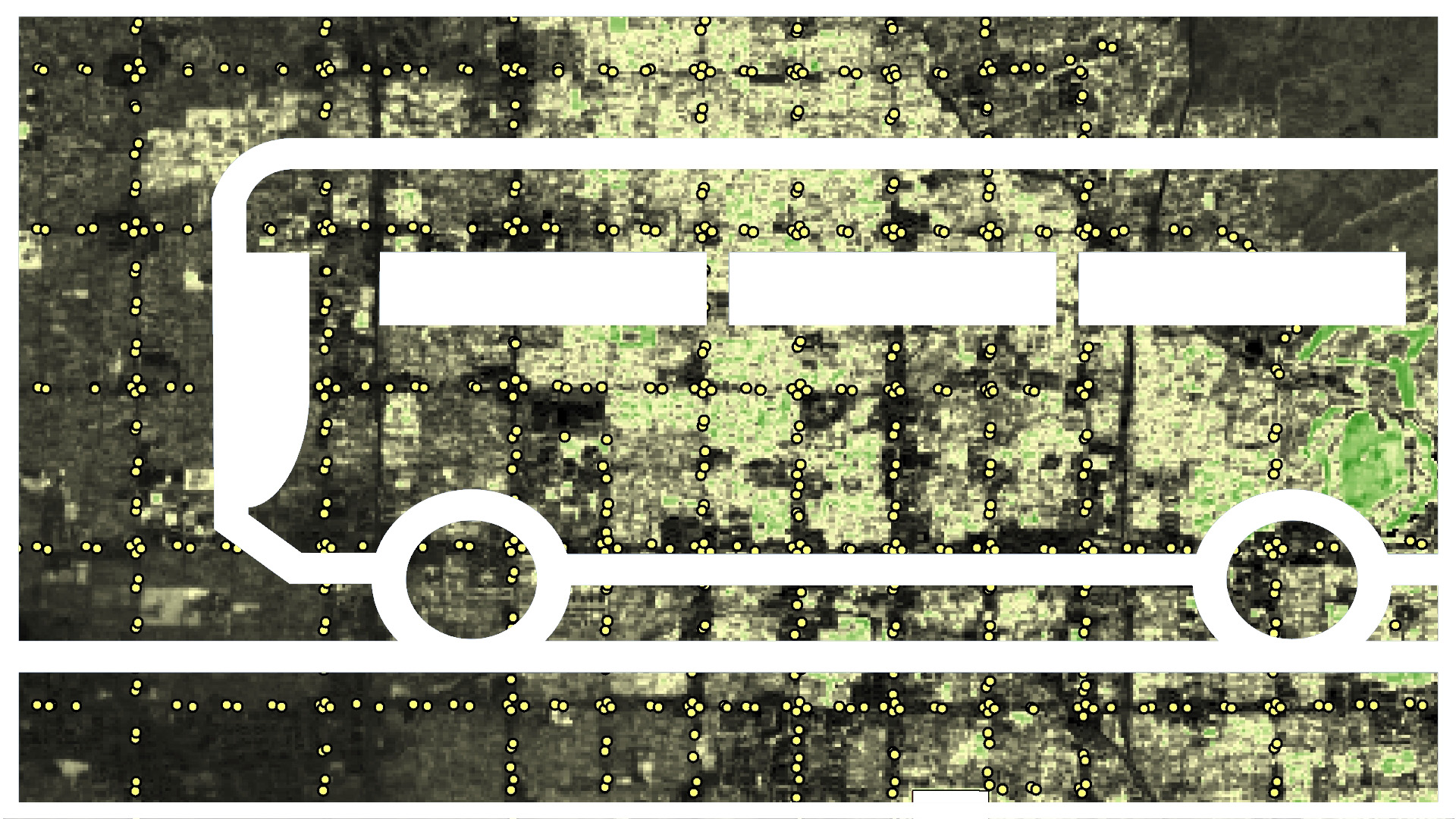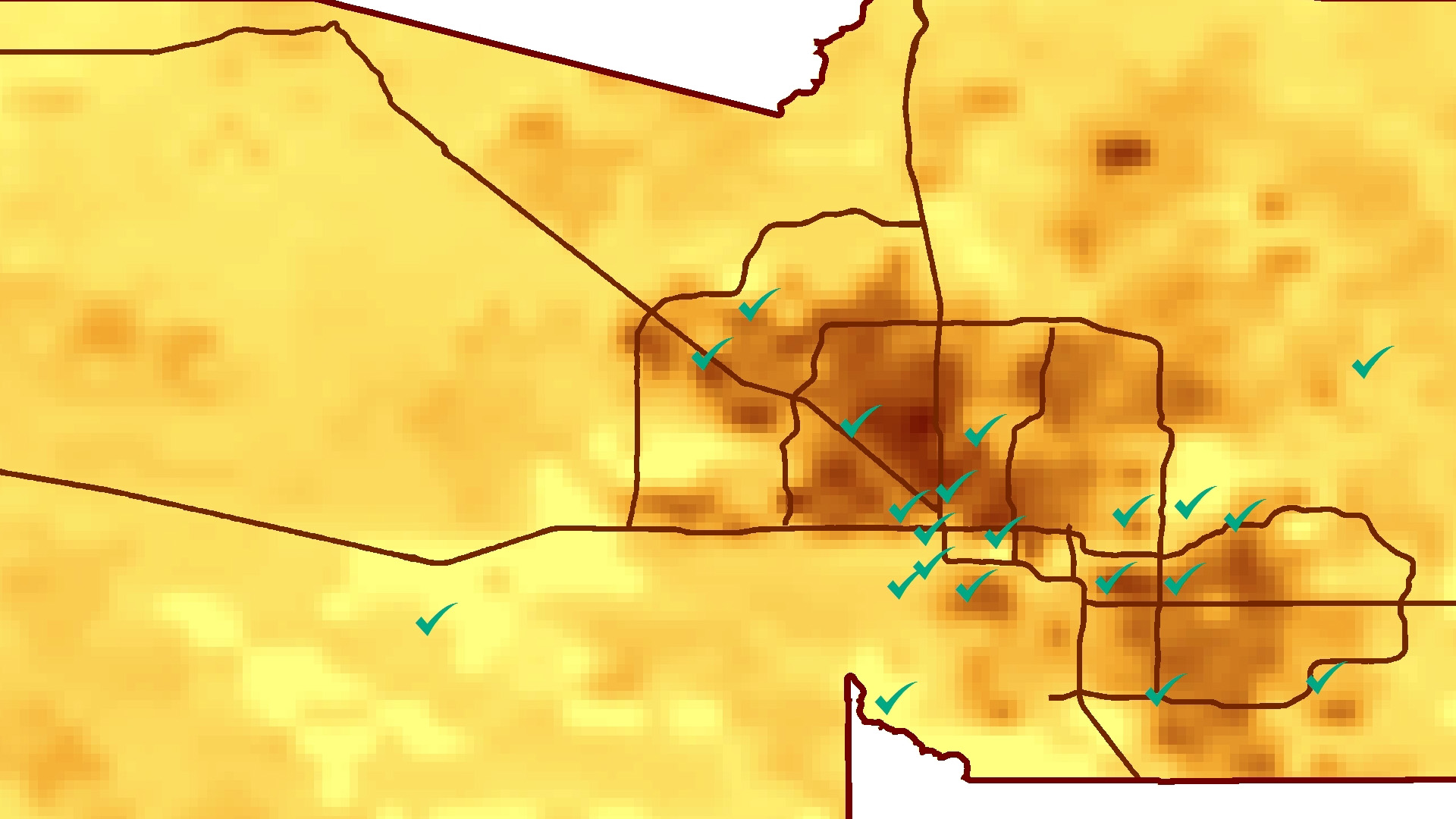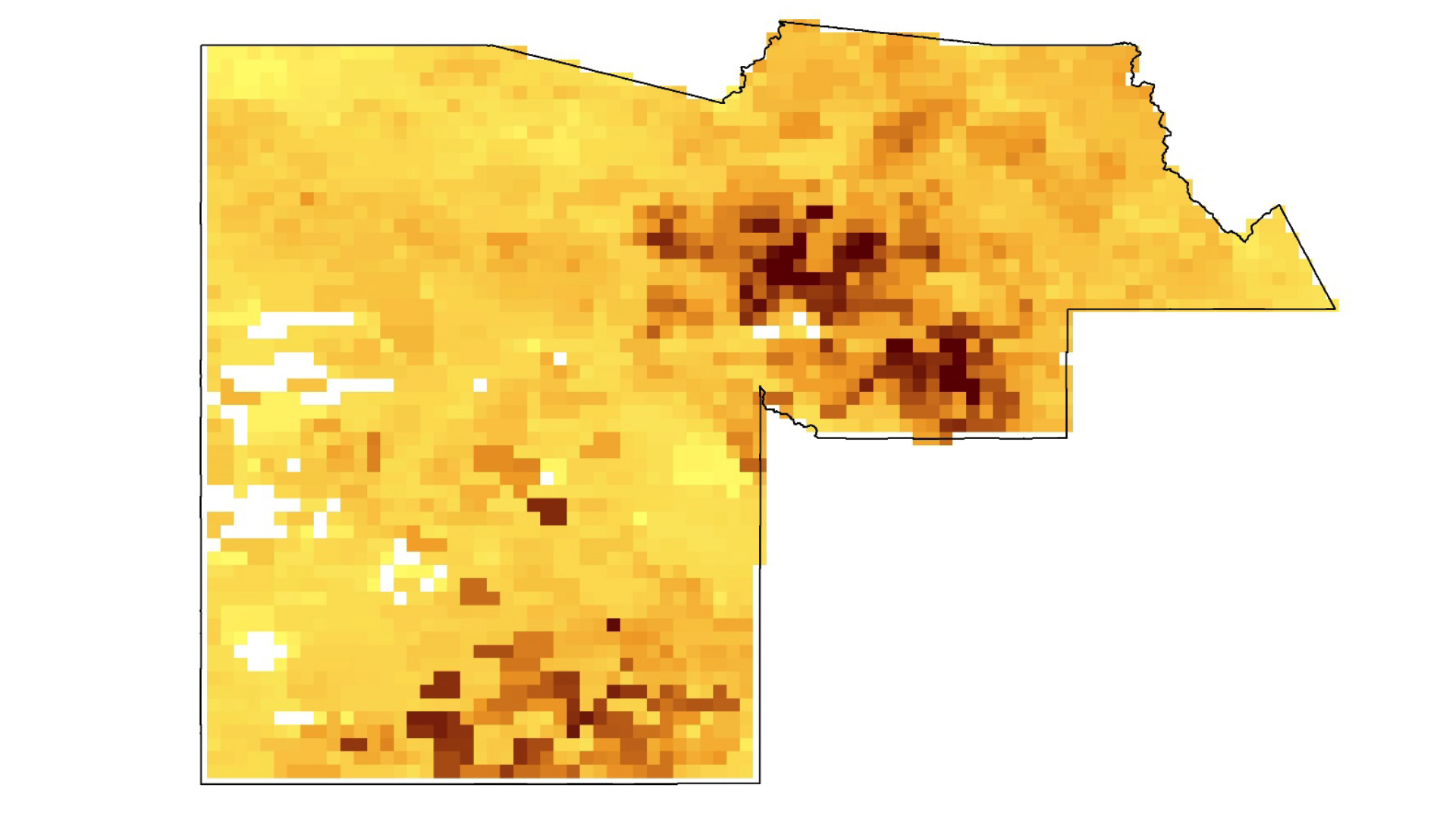Arizona – Tempe
Arizona – Tempe
Node Host: Arizona State University
Lead Collaborator: Maricopa County Department of Public Health
Acronym: AZ
About the Node Hosts: The node is hosted through a partnership between Arizona State University's School of Geographical Sciences and Urban Planning and the Maricopa County Department of Public Health (MCDPH). MCDPH serves the more than 4 million people living throughout Maricopa County by providing information and programs on community health, disease control, and clinical services; as well as advisories relating to seasonal illnesses, extreme heat, and air pollution. Arizona State is one of the country's largest major research universities. The ASU charter and goals are well-aligned with the DEVELOP program, including the university's focus on inclusion in education, its emphasis on developing solutions to real-life challenges, its orientation around interdisciplinary scholarship and discovery, and its assumption of a shared responsibility for the health of the communities the university serves. The School of Geographical Sciences and Urban Planning offers undergraduate and graduate degrees in Geography, Urban Planning, Geographic Information Science, and Geographic Information Systems.
History of the DEVELOP Node: The node opened in the summer of 2016 after a two-term partnership with the NASA Langley node. The Develop node partners with the Office of Epidemiology within MCDPH, which houses programs in Communicable and Non-Communicable Disease Epidemiology and Data Services. The Office of Epidemiology has led multiple initiatives in recent years related to environmental health, including ongoing surveillance of heat-related mortality and morbidity in the community and epidemiological analysis of the impact of air pollutants on public health. MCDPH and ASU have collaborated on many of these initiatives along with other community partners including the Maricopa County Air Quality Department, the Arizona Department of Health Services, and the National Weather Service. Data Services works extensively, with geospatial data but to date hasn't has much support an expertise in working with satellite data. The DEVELOP Program allows them to build their capacity in using NASA Earth Observations at no direct cost to them.
About the Node: The node opened to expand the analytical tools available to public agencies in their pursuit of essential public health services including for the diagnosis and investigation of health problems within the community and for research for new insights and innovative solutions to health problems. The formation of a DEVELOP node also offered an opportunity to strengthen connections between MCDPH and ASU on projects related to environmental monitoring and human health. Dr. David Hondula serves as the science advisor for the node and is trained in environmental science and climatology. Dr. Hondula is an assistant professor with the ASU School of Geographical Sciences and Urban Planning. Ms. Kate Goodin, MPH, leads project support from MCDPH, with additional input from Dr. Vjollca Berisha. Ms. Goodin is the Epidemiology and Data Services program manager at MCDPH and Dr. Berisha is the Senior Epidemiologist within the same unit. The node has also received significant support from Dr. Ron Pope and Ira Domsky of the Maricopa County Air Quality Department. Dr. Pope is an air quality meteorologist and Mr. Domsky is a Planning Consultant for the agency.
- Location
- Phoenix, Arizona
- Node Leadership
- Fellow: Ryan Hammock
- Science Advisor: Dr. David Hondula
- Featured Project
- Las Cruces Health & Air Quality
